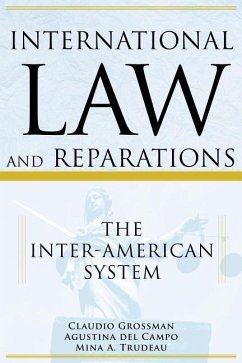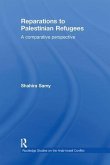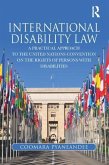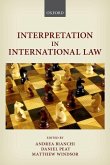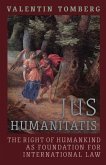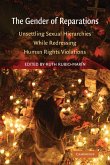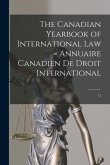This book presents the most thorough analysis to date on the jurisprudence of the Inter-American Human Rights Court (IACtHR) concerning full reparations. This jurisprudence interprets Article 63 of the American Convention on Human Rights. In its interpretation of the Convention, the IACtHR is guided by the important notion that human rights instruments should be interpreted in light of its object and purpose, in accordance with the State members of the Organization of the American States. The Court's jurisprudence ensures that victims of human rights violations are awarded not only monetary compensation in cases, but also a full array of reparations designed to restore their dignity and reaffirm the value of the rule of law. Accordingly, reparation also includes moral compensation, guarantees of non-repetition, and truth as a measure of satisfaction. The impact of the Inter-American jurisprudence in this matter has gone beyond the regional hemispheric systems. The UN Committee Against Torture relied on the Court's jurisprudence in the drafting of General Comment No. 3, while the other regional human rights systems have resorted to the Inter-American jurisprudence in developing their own concepts of reparation. More specifically, the book explores the notions of "fair remedy," "injured party," and the possibility of achieving "restitutio in integrum" for human rights violations through an analysis of decisions issued by the Inter-American. The book urges its reader to consider not only the current status of the law, but also the role played by victims, lawyers, Commissioners, and Judges in its jurisprudential development. As a living instrument, the value of the American Convention depends in great part on their actions and decisions.This book, by presenting the role of the different actors through concrete cases that shaped the system, encourages everyone to think how the System should continue to satisfy the aspirations of justice in cases of human rights violations.
Hinweis: Dieser Artikel kann nur an eine deutsche Lieferadresse ausgeliefert werden.
Hinweis: Dieser Artikel kann nur an eine deutsche Lieferadresse ausgeliefert werden.

